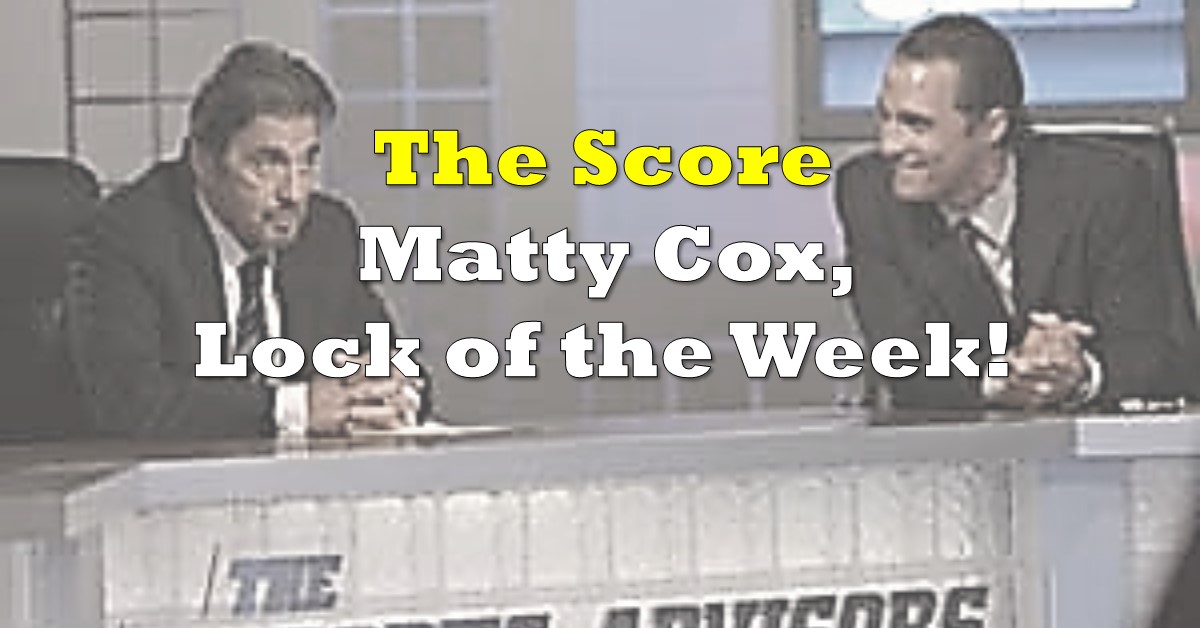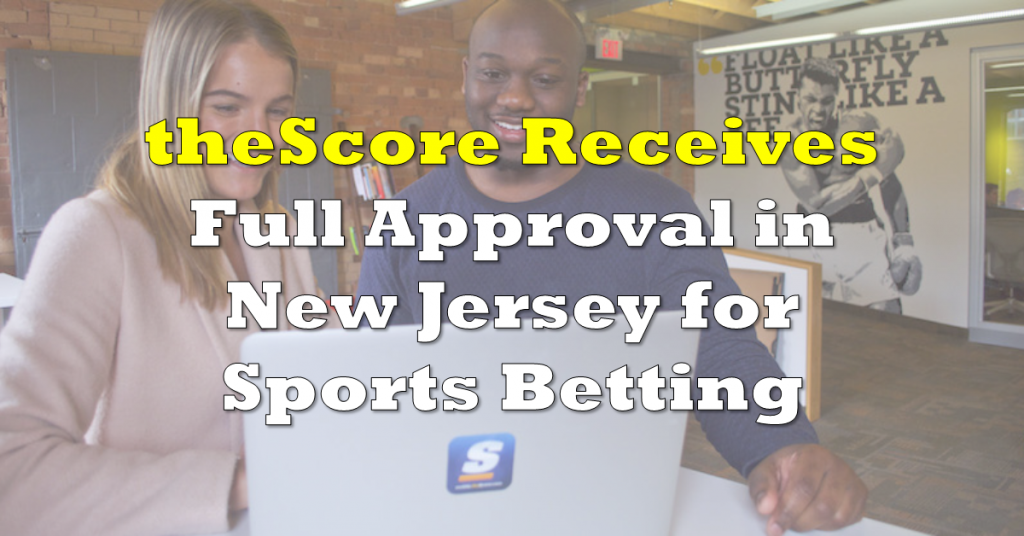Market people first ran into TSX-V traded theScore Media (TSX.v:SCR) in the spring of 2018 when it ran from $0.15 to $0.45 overnight on news that the US Supreme Court had overturned a ruling that had been preventing states from licensing conventional sports books. The major professional sports leagues had successfully sued to stop New Jersey from letting places take action on their games. The SCOTUS overturned the decision last May, giving Jersey the green light and the market got excited about the prospects of sports betting being available to consumers on smartphones, a prospect theScore was in a position to take advantage of.

Fifteen months later, theScore is on the move again, having become one of 14 online sportsbooks licensed by the state of New Jersey. SCR is up 46% since it put arrangements in place at the end of July to syndicate its betting environment to gambling-legal states by partnering with Penn National, one of several outfits itching to get a piece of SCR’s equity. theScore’s betting app launched in New Jersey last week, inviting questions from investors about what, exactly, this weird hybrid of a company is involved in, and what investors might expose themselves to going forward. As usual, you can count on The Dive for all the angles on the action as investors look for a piece of the $150 billion+ per year US sports betting market.
Yes, that “theScore.” But more useful.
Canadian readers will be familiar with theScore from the sports bundle in their cable package. The company was the original owner of an all-highlights and news sports channel (since sold to Rogers) that left the ticker on the bottom of the screen during commercials, showing the scores and clocks for games in progress, final scores for games that recently ended, and the Vegas odds for the ones that hadn’t yet started. From the very beginning, bookmaking was in this company’s DNA.
In the time since theScore’s inception as a media company, sports has grown as a part of our popular culture both laterally and vertically. We can and do follow teams and players outside of our regional markets, and a more diverse array of sports wax and wane in individual popularity. Canada just finished going mad for women’s tennis, and Vancouver is suddenly all about the UFC, as it gears up for a Cerrone v. Gaethje main event at Rogers Arena this coming Saturday. Interests vary more in 2019 than they used to, but we consume sports more than we ever have. Nobody waits for the highlights to come around on TV anymore; they watch them on their phone as they please.

Rather than be put out of business by cord cutting, theScore evolved to reach its audience through an app that aggregates a continuously scrolling feed customized to the user’s inputs. No more waiting through the Leafs’ charity golf tournament to watch highlights of the Canucks playoff game; it just gives the users what they want to see in a useful, addictive presentation. The media platform did $8M in revenue last quarter selling the attention of its 100 million followers and users to advertisers.
A $275 million market cap sports media company that loses $(0.01)/sh most quarters is clearly a growth story, and the recent price action is the market anticipating that the growth will come as SCR enters the sportsbook business. There’s certainly a good case for it.
1st mover, behind the entry barrier
The thirteen other online sportsbooks licensed in NJ are either casinos like the MGM Grand or Caesar’s Palace, offshore books like William Hill, or daily fantasy products like Fan Duel. Those companies spend great fortunes to advertise on sports media products that reach the very audience that theScore has spent years successfully building and maintaining. It’s the only sportsbook that doesn’t need an ad budget, because it’s being built on top of established organic content infrastructure with an active audience.
The deal with Penn gives theScore a chance to scale to other states on top of established licensing infrastructure as those states sort out the rules for legal sportsbooks. Penn did a $10 million equity investment in theScore as part of the deal, which gives you an idea what the industry operator thinks of theScore’s unique approach. Private-equity likes it, too, Fengate Asset Management having just staked the company with $40 million worth of convertibles to scale their betting infrastructure. The stock is already trading above the strike price on the converts.

Don’t expect sports gambling to smash into the mainstream through the front door. It’s better off staying right where it lives in the obvious shadows of daylight to maintain its cool, gritty allure. This legalization will make it less of a headache to access and more of a revenue source for state governments. Gaming’s integration with sports media is a work in progress. ESPN keeps gambling content in its own pen, most likely to keep their league partners (the NFL, NBA, etc.) from being seen as an engine for a lottery. But ESPN knows what punters have known all along: betting makes boring games more interesting. ESPN’s overlords at Disney (NYSE:DIS) aren’t going to get into the gaming business directly as long as it makes the pro-sports leagues whose broadcast rights are their core business uncomfortable, but interest and engagement are their stock in trade.
Updated: Original piece stated “100 million active users,” changed to ” 100 million followers and users to advertisers.”
This post is the author’s informed outlook based on his original research. It is not sponsored content. If theScore is interested in more coverage, please reach out to us. We love this deal!
Information for this commentary and analysis was found via Sedar and theScore. The author has no securities or affiliations related to this organization. Not a recommendation to buy or sell. Always do additional research and consult a professional before purchasing a security. The author holds no licenses.





